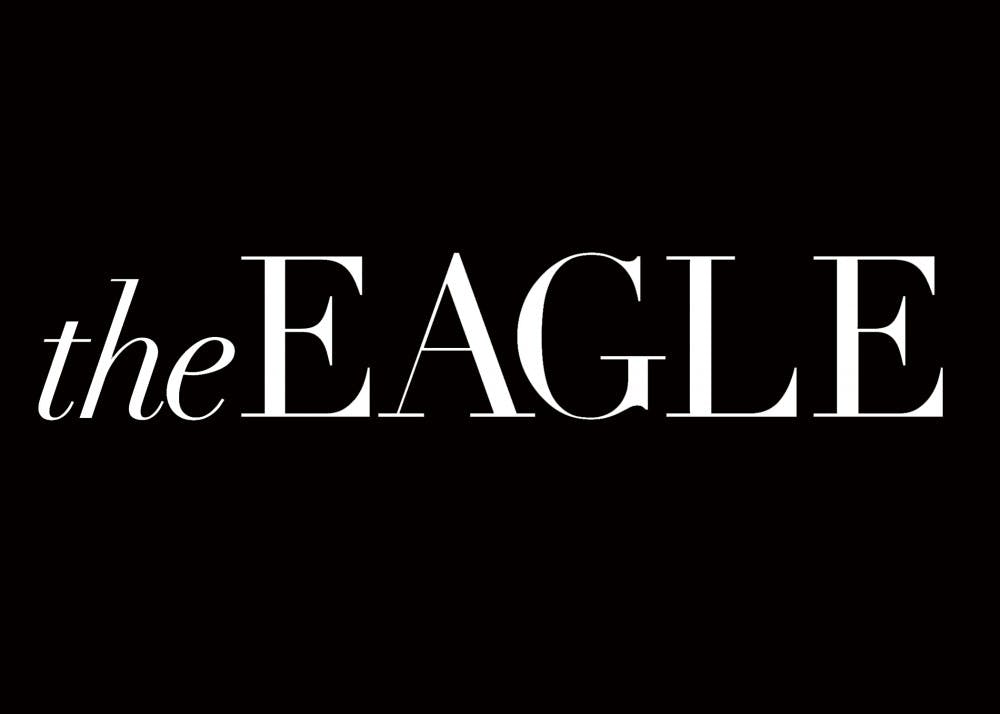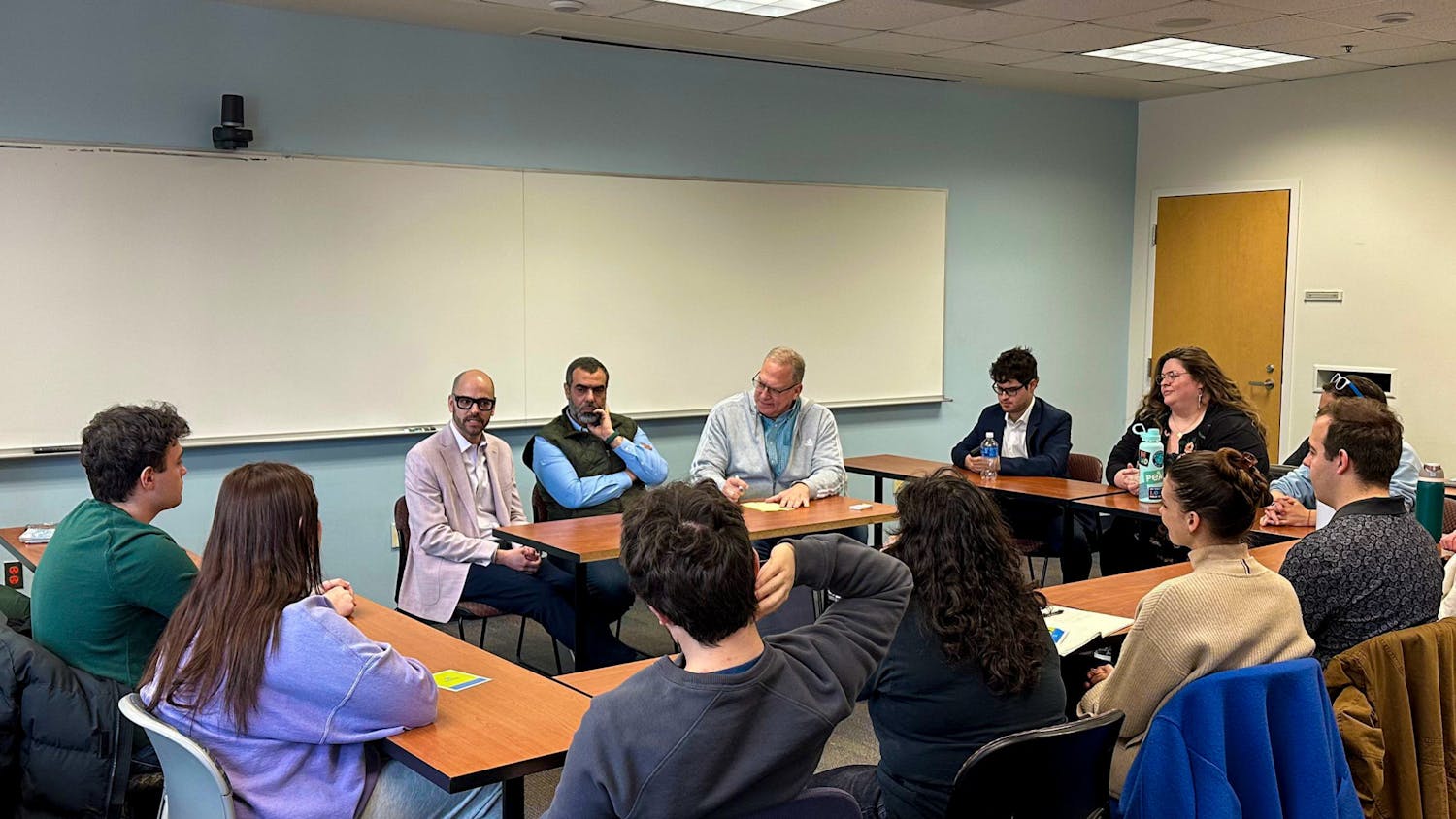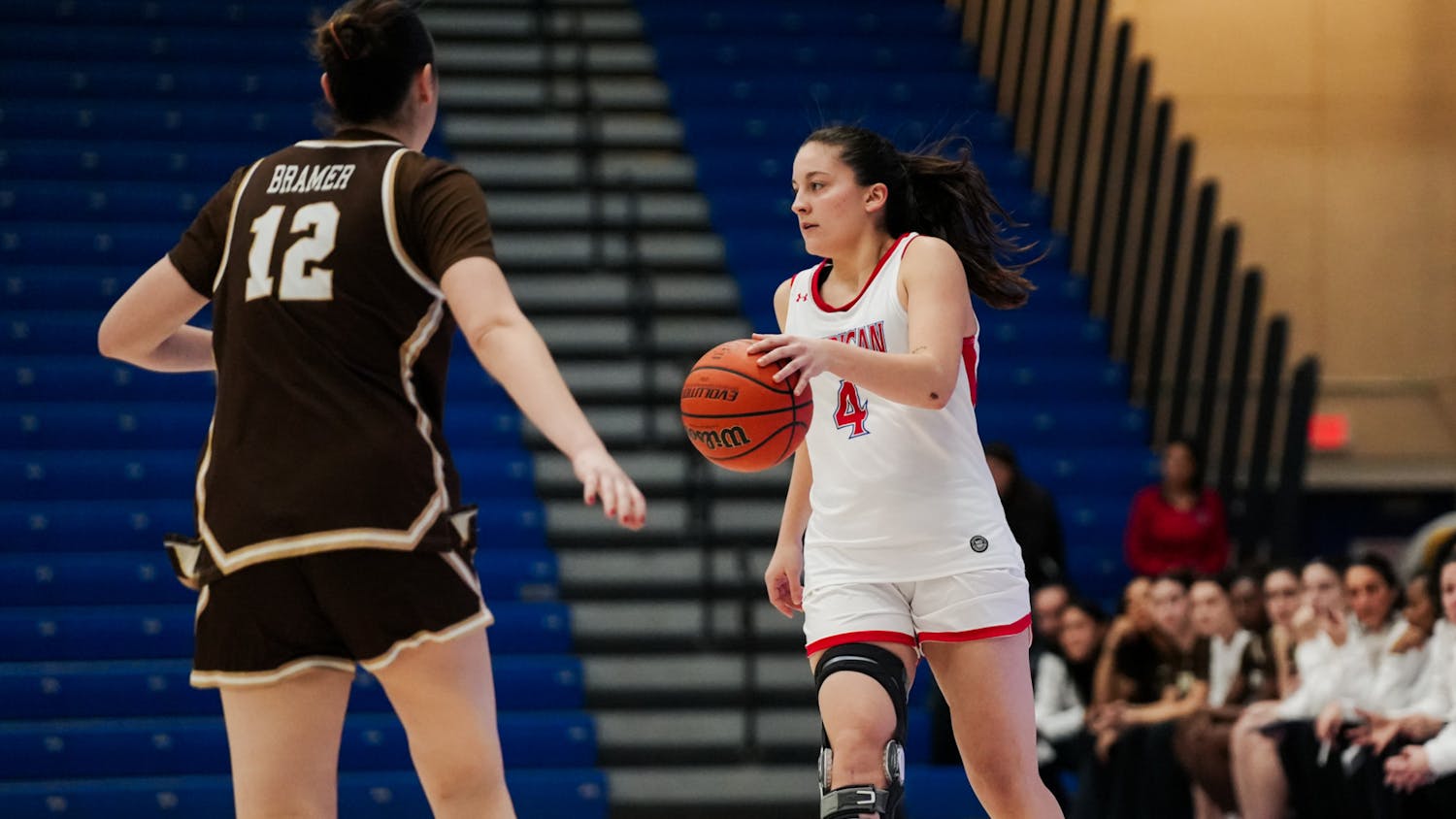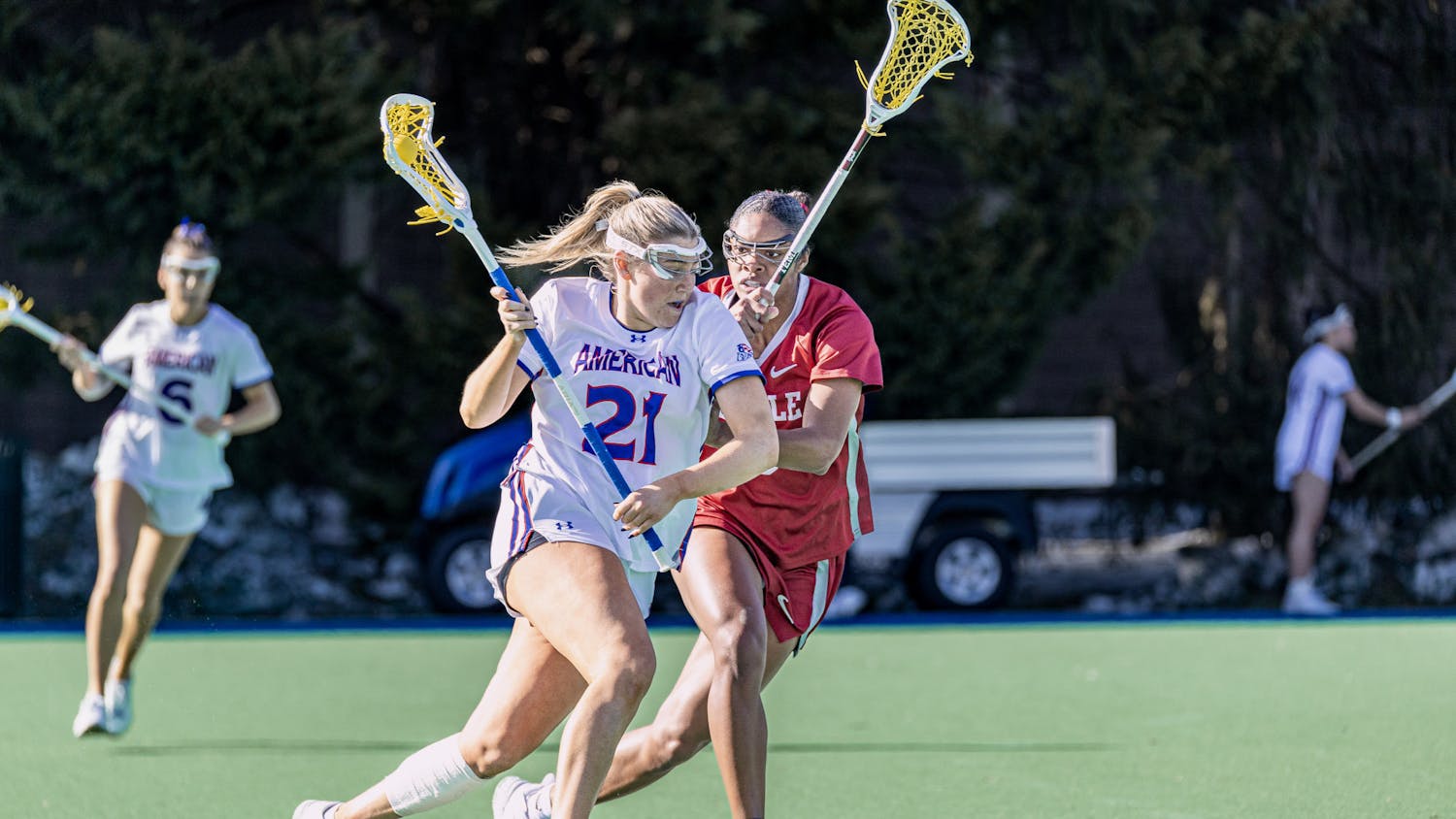Today marks the unfortunate anniversary of the May 1 hate crime that shook the foundations of American University by targeting our most marginalized community: black students. May 1 was Taylor Dumpson’s first day as student government president, a day intended for celebration but crudely derailed into a day of hurt and confusion when bananas were found strung from string tied like nooses around campus.
The Eagle validates the pain felt by Dumpson, members of the sorority Alpha Kappa Alpha, Incorporated and the wider black community in the days, weeks and months after the hate crime. The incident has affected students in vastly different, targeted ways. For some, it was an awakening to the state of race relations and racial competency at the University. For others, it was a damning confirmation of overlying differences between students’ experiences of life at AU.
The hate crime forced The Eagle, like the rest of the AU community, to come to terms with the fact that black students were sold an experience that the University has not sufficiently provided. We were compelled to do better as a campus organization. But what does doing better look like?
Our inspiration is best evidenced by the black community at American University, especially in the ways it mobilizes to fight for the rights of black students and students of color at AU. In the aftermath of the hate crime, black upperclassmen reached out to black underclassmen to facilitate discussion about the event and help guide each other through it. Dumpson worked to support students by creating H.O.M.E, a unique multicultural space in the Mary Graydon Center.
In the past year, The Eagle has worked to address our own issues internally and externally. We formed an internal Diversity and Inclusion Committee to reform our internal practices and facilitate ongoing discourse to synthesize inclusivity into our structure. We created “Identities,” a column series for underrepresented communities to authentically represent themselves in their student newspaper in times of tragedy as well as joy and success. Through these efforts, it became clear to The Eagle that we can and should show up for black students more than just in times of crisis. Our work must demonstrate ongoing engagement with multicultural organizations and their concerns as well as their successes.
The Eagle’s editorial in May 2017 requested transparency between the University’s administration and the student body. In the months after the crime, students were not provided with access to information that would more fully inform their conversation on the incident and race relations at AU. Many students were forced to have a conversation about race at AU after they had financially committed to attending. Furthermore, our staff reports that Eagle Summit, or freshman orientation, experiences varied on whether the hate crime was actually acknowledged despite being an event that gained national media coverage. Until last week, students had no grasp of developments on the criminal case.
When AU was founded by Bishop John Hurst, it was intended as a campus on a hill, to be demonstrative of the pure capacity for excellence created when community and academia converge in DC. Nearly 124 years later, the University was taught an important lesson: the vibrant, excellent community it seeks can only be found through building inclusivity into its institutional structure.
We recognize that the University’s administration is caught in a precarious balance of building community, managing its public image and diligently moving through the mountain of institutional bureaucracy that serves to safeguard against administrative missteps. However, that dynamic does not need to come at the expense of affording students the agency to commemorate the hate crime and use the impetus of building community to re-constitute that campus on a hill.
It is a privilege to avoid speaking about or commemorating the events of May 1. It is a privilege that we as a campus community -- not just black students -- can’t afford.
-E





